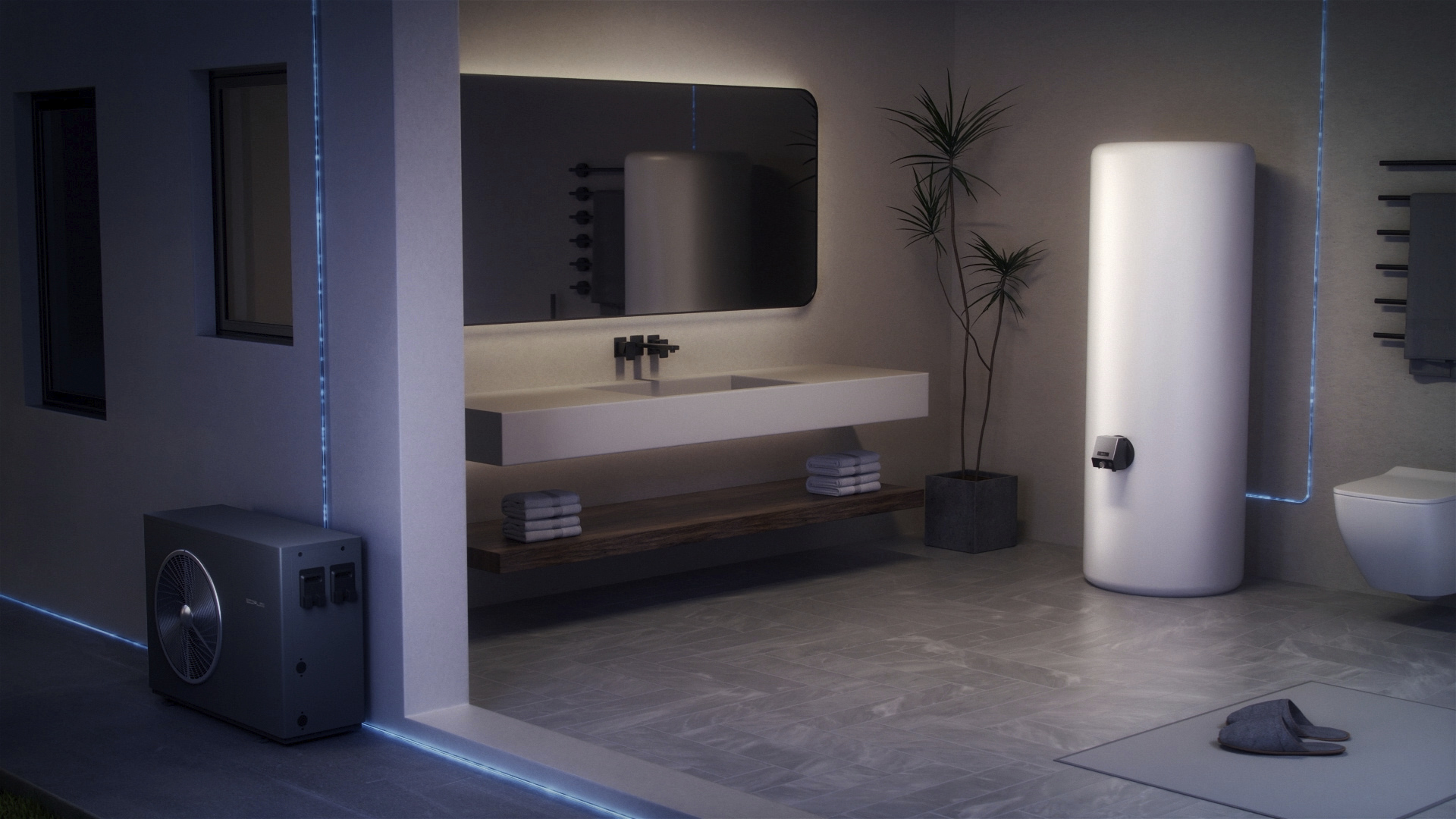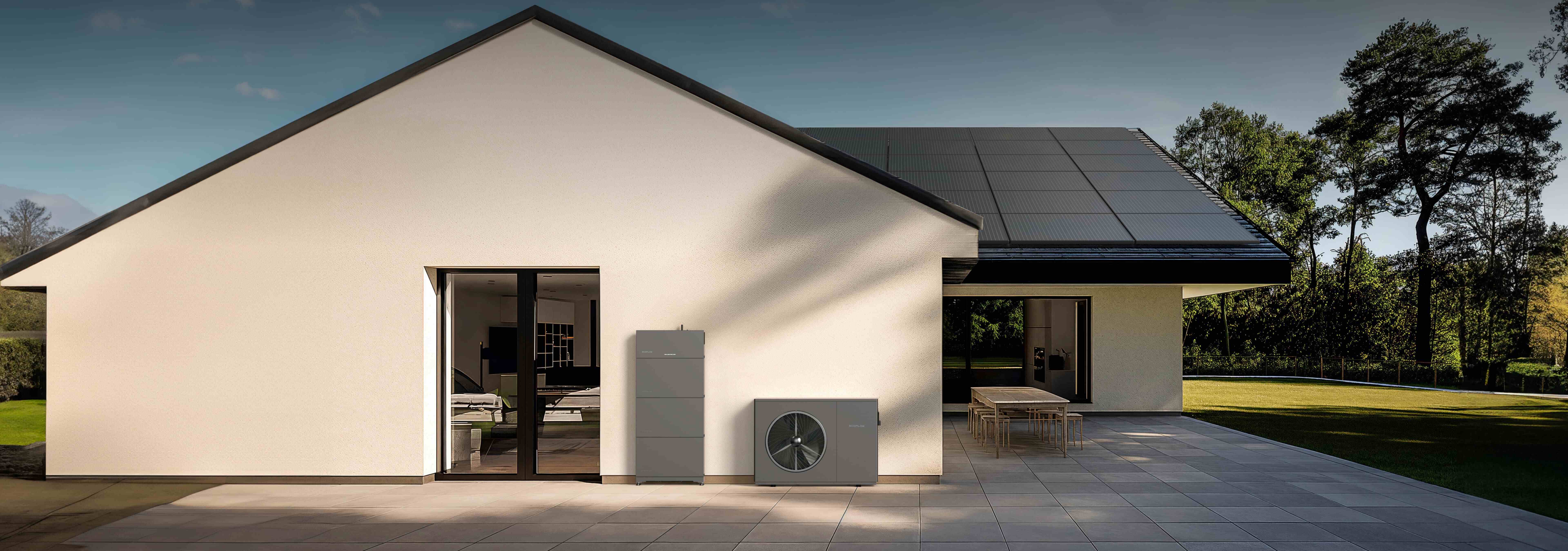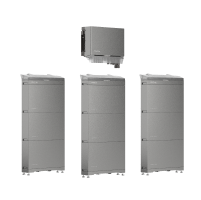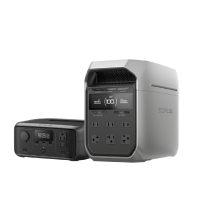Heat Pump or Gas Boiler: What UK Homeowners Should Know Before Switching
Even as the UK government pushes for cleaner heating in line with its 2050 net zero emissions target, many homeowners are still trying to see whether a heat pump or gas boiler makes more sense for their home. To make the most ideal decision, weigh in their efficiency and how future-proof they are.
How a heat pump vs gas boiler works – and what it means for comfort
Let us first understand the mechanism that allows a heat pump and gas boiler to do their job—keep your household warm and comfortable.
A gas boiler is especially swift in doing this. By burning fuel, it heats up water whose temperature can go as high as 60°C to 80°C, which then flows through your home’s radiators and water pumps, circulating high-temperature water quickly.
On the other hand, a heat pump is a bit slower on the uptake since it utilises outside air to produce heat. And since it operates on a much lower temperature than a gas boiler, it requires larger radiators to distribute heat evenly.
Between the two most common types of heat pump in the UK— air source heat pump (ASHP)and ground source heat pump (GSHP)—an ASHP, like EcoFlow’s PowerHeat, is deemed the more practical and affordable option, since it can be used even in apartments, flats, or terraced houses.
Comparison table
| Factor | Gas Boiler | Air Source Heat Pump |
|---|---|---|
| Upfront cost | £2.5k–£4.5k | £7k–£13k |
| BUS grant | No | £7,500 |
| Lifespan | 10–15 yrs | 15–20 yrs |
| Running cost | Lower (now) | Lower on off-peak tariff |
| Retrofit difficulty | Low | Medium |
| Carbon footprint | Higher | Lower |
Heat pump or gas boiler: Upfront and lifetime costs in the UK
Gas boilers are definitely cheaper to buy, averaging at just £2,500 to £4,500 with a lifespan of 10 to 15 years. This is a far cry from a heat pump—£7,000 to £13,000 for an ASHP and £14,000 to £28,000 for a GSHP.
Even if it boasts a lifespan of 15 to 20 years, and with grant money of £7,500 to spare from the government’s Boiler Upgrade Scheme, the upfront costs of installing a heat pump can really be intimidating.
And what about their costs over time? For any heat pump vs boiler UK comparison, much will depend on how much you pay for gas and electricity to keep your chosen heating system running And since electricity is more expensive than gas, should you opt for a heat pump, you must choose a unit efficient enough to overcome the typically greater unit price of electricity—and even save in the long run.
Heating in the UK: Heat pump vs gas boiler efficiency
A modern gas boiler can reach an efficiency of up to 94%. This means for every 1kWh of gas consumed, 0.94kWh of heat is produced. This sees a big boost among heat pumps, where as much as 300% of efficiency can be expected.

The measure of a heat pump’s efficiency at a given time is identified as the Coefficient of Performance or COP, affected by the outdoor temperature and its own flow temperature. So if a heat pump has a COP of 3, it means that it produces three units of heat for every one unit of electricity it consumes.
Considering that this changes depending on the weather conditions, with it becoming lower during winter, it is better to look at its Seasonal Coefficient of Performance (SCOP) instead, or its average COP in a given period of time.
Regarding the costs to keep a heat pump or gas boiler running, at their core, they are largely dependent on the prices of gas and electricity, respectively. While a heat pump is three times more efficient than a boiler, electricity still costs much more than gas. But keeping your home well-insulated when using a heat pump might lessen your electricity consumption, all the more if paired with a smart system of solar panels and battery storage.
For instance, a mid-sized home is expected to need an average of 12,000kWh of heat in a year. Whether you opt for a heat pump or a gas boiler, below is an estimate of your annual running costs:
| Heating System | Energy Required | Estimated Annual Bill |
|---|---|---|
| Gas Boiler (£7/kWh) | 12,000 kWh / 0.94 efficiency = 12,766 kWh of gas | £894 |
| Heat Pump (Standard Tariffs - £29/kWh) | 12,000 kWh / 3.0 SCOP = 4,000 kWh of electricity | £1,160 |
| Heat Pump (Off-Peak Tariffs £18/kWh) | 4,000 kWh of electricity | £940 |
Retrofit practicalities and home suitability of heat pump vs combi boiler:
A combination (combi) boiler is one of the most used heating solutions in the UK. It is compact, especially the newer models, and does not need much retrofitting if you are upgrading from an old heating system. This is primarily because of how it connects directly to existing gas and water pipes and works with standard radiators.
Having a heat pump installed is a bit of a different story, since it will likely require a few home adjustments.
- Space: An ASHP needs an outdoor space with enough room for air circulation for it to work. Meanwhile, a GSHP needs ample living space, say a garden, to accommodate the groundworks its installation requires—such as laying down pipes.
- Insulation upgrade: No matter how efficient your ASHP is, it would not work to its full capacity if your house is not well-insulated. While not a requirement, you want to upgrade your insulation if gunning for an ASHP.
- Change in radiators: A heat pump utilises low flow temperature or the lowering of water temperature, and this works best in larger-than-usual radiators. Either you upgrade your current radiators, or look into underfloor heating.
Another major difference too with heat pump vs boiler is that you can install a boiler as you please, but if you prefer a heat pump and you live in a flat or in a conservation area, you will need to secure planning permission first.
Carbon footprint, policy, and 1 kWh emissions
One of the main selling points in any heat pump vs gas boiler comparison is that heat pumps produce no direct on-site emissions, unlike gas boilers, which are said to have more carbon emissions in a year than seven transatlantic flights.
This is the main reason the UK government has been pushing homeowners to make the switch, which is grounded in its target of net-zero greenhouse gas emissions by 2050. Apart from the £7,500 BUS and the 0% VAT for clean energy solutions, there are also the financial assistance options that the government has introduced to motivate people to upgrade to a heat pump.
Among these are the interest-free loans of up to £10,000 and £15,000 under Warmer Homes Scotland and Home Energy Scotland Scheme respectively, and the financial support under the Energy Company Obligation Scheme (ECO4) and Nest Scheme Wales to ensure even low-income households can afford to even consider making the switch.
Future proofing with hybrid systems: Heat pump or gas boiler?Futureproofing and hybrid options
With the 2050 zero net emission target comes the reality that sooner or later, gas boilers would be out of the picture. But considering all the factors required when switching to a heat pump—retrofitting and financial demands—it is understandable why it’s not an immediate option for a lot of homeowners.
But if you want to ease into it, consider going for hybrid heat pumps. This works by pairing up your existing boiler with a smaller and definitely cheaper ASHP. Once in place, the ASHP does the brunt of the work throughout the year, with the boiler only kicking up during the coldest of days. With this, you won’t have to overhaul your home yet become one step closer to letting go of your gas boiler.
And to save on electricity bills in the future, consider pairing your ASHP with solar PV panels and a solar battery to store excess energy for later use. A smart system such as that of EcoFlow will afford you the full control to regulate heat at home in consideration with time-of-use tariff optimization, resulting in the ultimate cost-efficient heating.
Final checklist before you decide between a heat pump vs gas boiler
Making the switch to a heat pump might be easy in theory, but not as much in real life due to how much money you will have to shell out.
But you can get the ball rolling without making any concrete decisions yet by requesting for quotations from multiple MCS-certified heat pump installers. This will widen your view of the available options for your home and weigh the financial requirements better.
Interested in EcoFlow’s air-to-water heat pump? Consult an EcoFlow professional and secure a quotation tailor-fitted to your home.

You’d want to start checking your eligibility for the BUS grant too and other government fundings, because these will greatly help in reducing your out-of-pocket expenses. While you’re at it, see if your home is ready for a heat pump installation based on its EPC rating and insulation level.
If you really want to make the switch but your financial capacity is not yet up to it, going for the hybrid heating system is always an option. This will give you a more personal look at your running cost projections for your tariff.
What kind of product or solution are you interested in?


FAQ
Which is best, a heat pump or a gas boiler?
Upfront costs aside, a heat pump has more benefits than a gas boiler. Heat pumps are highly efficient, environmentally friendly, and can provide both heating and cooling, while gas boilers rely on fossil fuels and emit more carbon. Over time, you will find that a heat pump saves money on energy bills despite the higher installation cost.
Can one heat pump heat a whole house?
Typically yes, one unit can heat an entire home, but this depends on the heat pump’s size, efficiency, and the insulation levels of your property.
Do heat pumps work in extreme cold?
Yes. Modern heat pumps are designed to operate effectively even in sub-zero temperatures. To achieve maximum performance, it’s important that your home is well-insulated and draught-proofed.
Are heat pumps high maintenance?
No. Compared to gas boilers, heat pumps are relatively low-maintenance. Regularly cleaning filters and scheduling an annual professional service will keep them running efficiently for years.
Can you have both a heat pump and a boiler?
Yes. This combination is known as a hybrid heating system. A hybrid heat pump allows you to switch between the two systems for maximum efficiency, ensuring you benefit from renewable heating while having the backup of a traditional boiler when needed.

.jpg)

